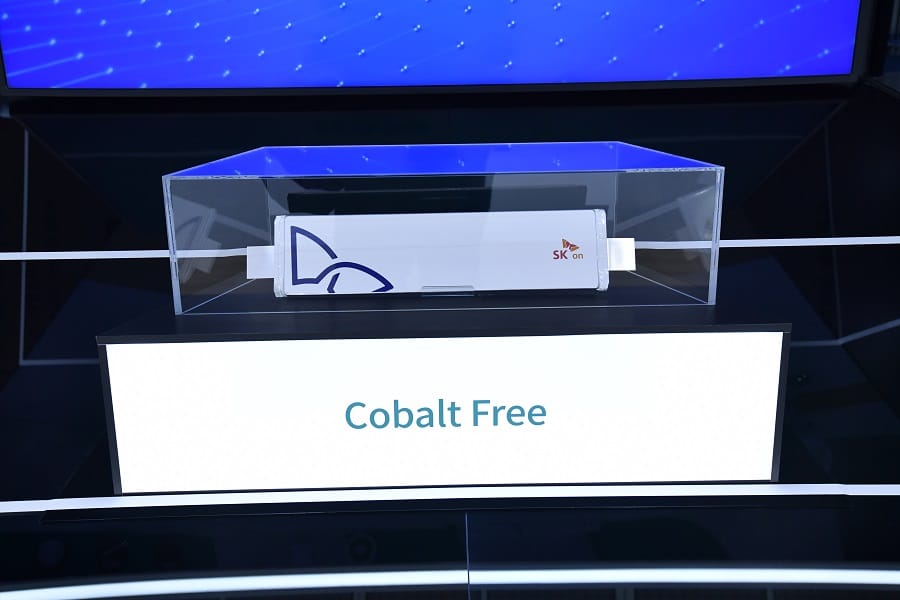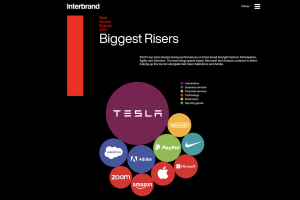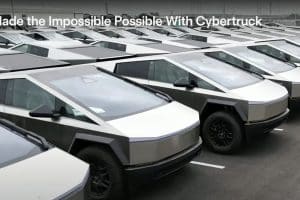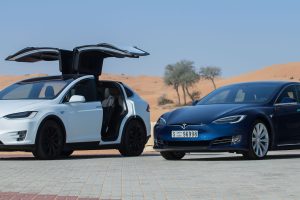- 🏆 SK On won the Bronze prize for its cobalt-free battery in the Smart Transportation category at the 2024 Edison Awards.
- ⚡ The Edison Awards honor excellence in developing new products or services for marketing, design, and innovation.
- 🔋 SK On is working on expanding its battery business, particularly in North America, with investments in battery production facilities.
- 🚗 Volkswagen ID.4 EVs with SK On battery components became eligible for the full $7,500 tax credits under the Inflation Reduction Act (IRA).
- 🏅 This marks the second consecutive year that SK On has been recognized at the Edison Awards, having won the Bronze prize for its NCM9 battery in 2023.
- 💰 SK On partnered with Ford to build an $800 million cathode plant in Canada, expected to start production by the second half of 2026.
In the rapidly evolving landscape of electric vehicle (EV) technology, one of the most pressing challenges has been the production of sustainable and ethical batteries. Cobalt, a key component in many lithium-ion batteries, has been the subject of intense scrutiny due to its environmental impact and the human rights concerns associated with its mining.
Enter SK On, a South Korean battery manufacturer that has taken a bold step towards addressing these issues by developing a cobalt-free battery. This innovative technology has earned SK On the Bronze prize in the Smart Transportation category at the 2024 Edison Awards, one of the most prestigious accolades in the field of innovation.
The Significance of Cobalt-Free Batteries
The importance of SK On’s achievement cannot be overstated. Cobalt mining has long been plagued by environmental degradation, human rights abuses, and child labor practices, particularly in the Democratic Republic of Congo, where a significant portion of the world’s cobalt is sourced. By eliminating cobalt from its battery design, SK On has not only addressed these ethical concerns but also reduced the environmental impact associated with cobalt mining and processing.
Moreover, cobalt-free batteries offer several technical advantages. They are inherently more stable and less prone to thermal runaway, a phenomenon that can lead to battery fires and explosions. Additionally, cobalt-free batteries can potentially offer improved energy density and longer cycle life, further enhancing the performance and sustainability of EVs.
SK On’s Journey to Innovation
This recognition from the Edison Awards is not SK On’s first foray into the spotlight. In 2023, the company won the Bronze prize for its NCM9 battery, showcasing its commitment to continuous innovation and improvement in battery technology.
Building on this success, SK On has embarked on an ambitious expansion strategy, particularly in North America. In April 2023, the company announced a $5 billion investment in Bartow County, Georgia, to establish a 35 GWh battery production facility. This facility is expected to produce enough cells for 300,000 electric vehicles annually, further solidifying SK On’s position as a major player in the EV battery market.
Additionally, SK On has forged a strategic partnership with Ford to build an $800 million cathode plant in Canada. This facility, slated to commence production by the second half of 2026, will provide a reliable and localized supply of cathode materials, a crucial component in battery manufacturing.
The Ripple Effect of Innovation
The recognition of SK On’s cobalt-free battery at the Edison Awards is not only a testament to the company’s technological prowess but also a beacon of hope for the entire EV industry. As more manufacturers embrace sustainable and ethical battery technologies, the ripple effect will be felt throughout the supply chain, driving positive change and accelerating the transition towards a cleaner and more responsible transportation future.
Moreover, SK On’s success highlights the importance of continued investment and innovation in battery technology. As the demand for EVs continues to soar, the development of advanced batteries with improved energy density, longer cycle life, and reduced environmental impact will be crucial in ensuring the widespread adoption and sustainability of electric mobility.





